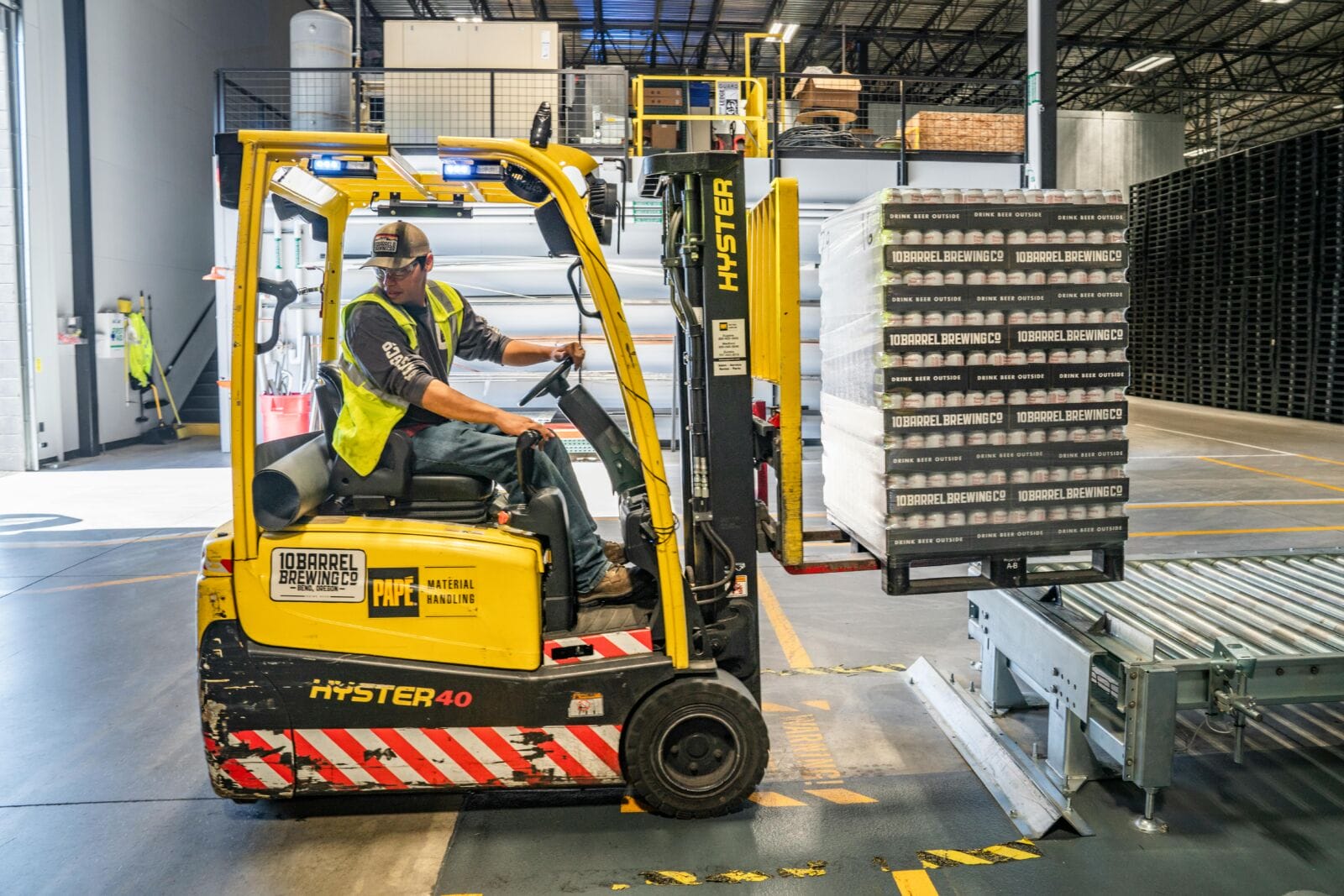The use of RFID (Radio Frequency Identification) technology has transformed industries by offering effective and budget-friendly tracking solutions. In this post, we will delve into how RFID tracking systems enhance efficiency and cut costs across sectors. RFID has emerged as a valuable tool for streamlining operations and reducing expenses from warehouses to outlets, hospitals to airports.
Enhancing Inventory Accuracy
One of the benefits of RFID tracking is its ability to greatly enhance inventory accuracy. Unlike barcode systems that rely on scanning each item individually, which can lead to errors due to human mistakes or time limitations, RFID technology allows for automatic tracking without the need for direct line-of-sight scanning.
RFID tags can be affixed to items or pallets and transmit unique identifiers through radio waves. This facilitates real-time monitoring of inventory movement throughout stages of the supply chain. Armed with inventory data, companies can fine-tune stock levels, minimize out-of-stock instances, and prevent overstocking that could tie up valuable resources.
Optimizing Logistics Operations
Efficient logistics operations play a role in enabling businesses to remain competitive in today’s evolving market landscape. RFID technology plays a role in enhancing the efficiency of goods movement by providing real-time tracking visibility throughout the shipment process.
By positioning RFID readers in warehouses and loading areas, companies can automate the monitoring of outgoing goods without human intervention. This helps eliminate delays caused by paperwork or manual data entry errors.
Additionally, RFID tracking systems enable automated sorting and routing operations within distribution centers. As items with RFID tags move along conveyor belts equipped with scanners, they are swiftly directed to their designated destinations. Automating these tasks reduces bottlenecks and ensures prompt deliveries to customers.
Improving Asset Management
Managing company assets such as office equipment and machinery in construction sites or manufacturing facilities can be hectic. Manual asset tracking is time-consuming and prone to inaccuracies and misplaced data.
Through RFID technology, organizations can establish a database that accurately logs the locations of assets. By tagging equipment with RFID labels, businesses can easily manage assets without wasting staff time on searches. This enhances asset visibility and utilization, leading to decreased expenses on replacements or additional purchases.
Preventing Loss and Theft
Loss and theft prevention pose challenges for businesses, be it items disappearing from store shelves or equipment vanishing from construction sites. RFID tracking technology reduces these losses by enabling monitoring and instant alerts upon detecting unauthorized movements.
By incorporating RFID tags into items or discreetly attaching them to products, businesses can constantly track their whereabouts. Should an item stray from its designated area without authorization, an alarm will sound, facilitating action to retrieve the stolen or misplaced asset. This proactive strategy not only discourages theft but also minimizes financial losses from missing items.
Improving Productivity and Labor Effort
Enhancing productivity and streamlining labor efforts are benefits of RFID tracking systems within organizations. By automating inventory and asset management processes, these systems free up employees from paperwork or data entry tasks typically associated with barcode systems. This allows workers to concentrate on value-added activities that contribute to growth.
In warehouse operations, for instance, employees can dedicate time to counting inventory and more time managing crucial tasks like order fulfillment and quality control procedures. By relying on real-time data provided by RFID systems, errors and delays caused by human error are mitigated.
Cost Savings through Process Optimization
The operational efficiency achieved through implementing RFID technology translates into cost savings for businesses. Efficiently managing inventory to avoid stockouts and excess holding costs is crucial for businesses. By optimizing logistics processes, companies can meet delivery deadlines, reduce rush orders, and cut transportation expenses. Improved inventory accuracy helps eliminate buffer stocks, waste, and obsolescence.
End Note
In conclusion, RFID tracking systems offer benefits across industries by enhancing inventory accuracy, streamlining logistics, and improving asset management. Implementing RFID systems boosts productivity levels, automates processes, and enables decision-making based on real-time data.
As technology advances and costs decrease, more businesses are embracing RFID systems as tools in their strategies.




